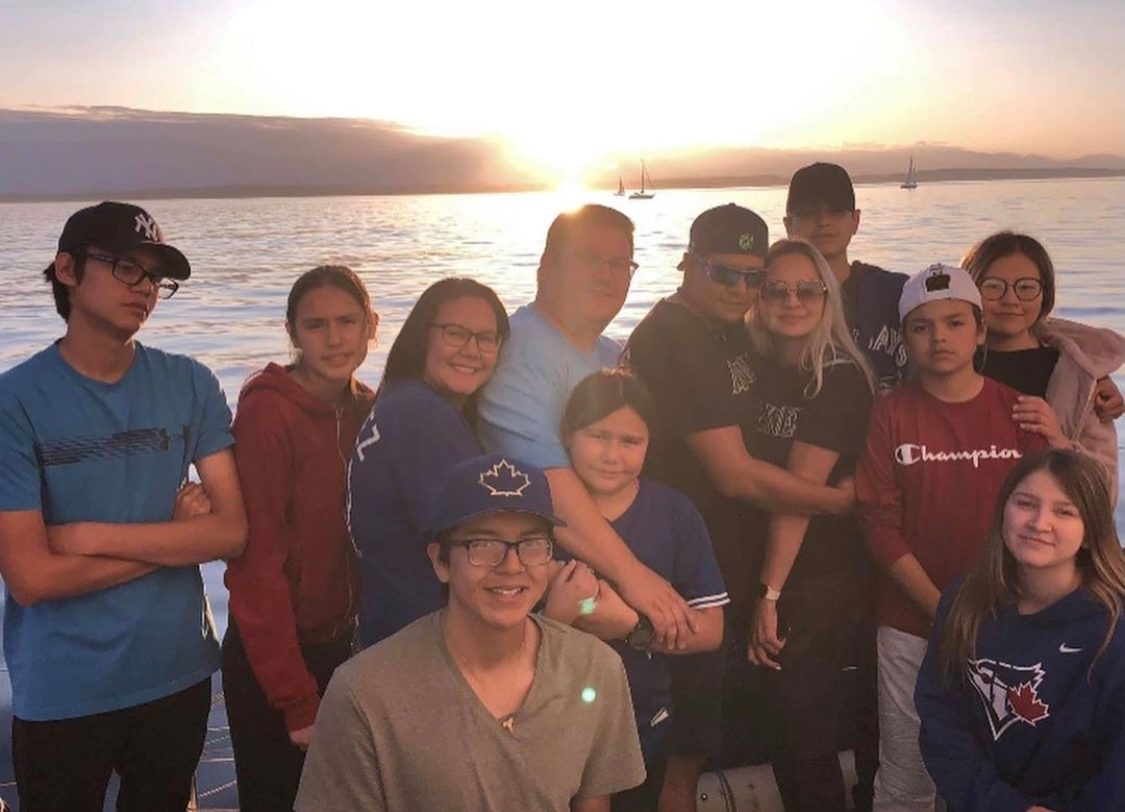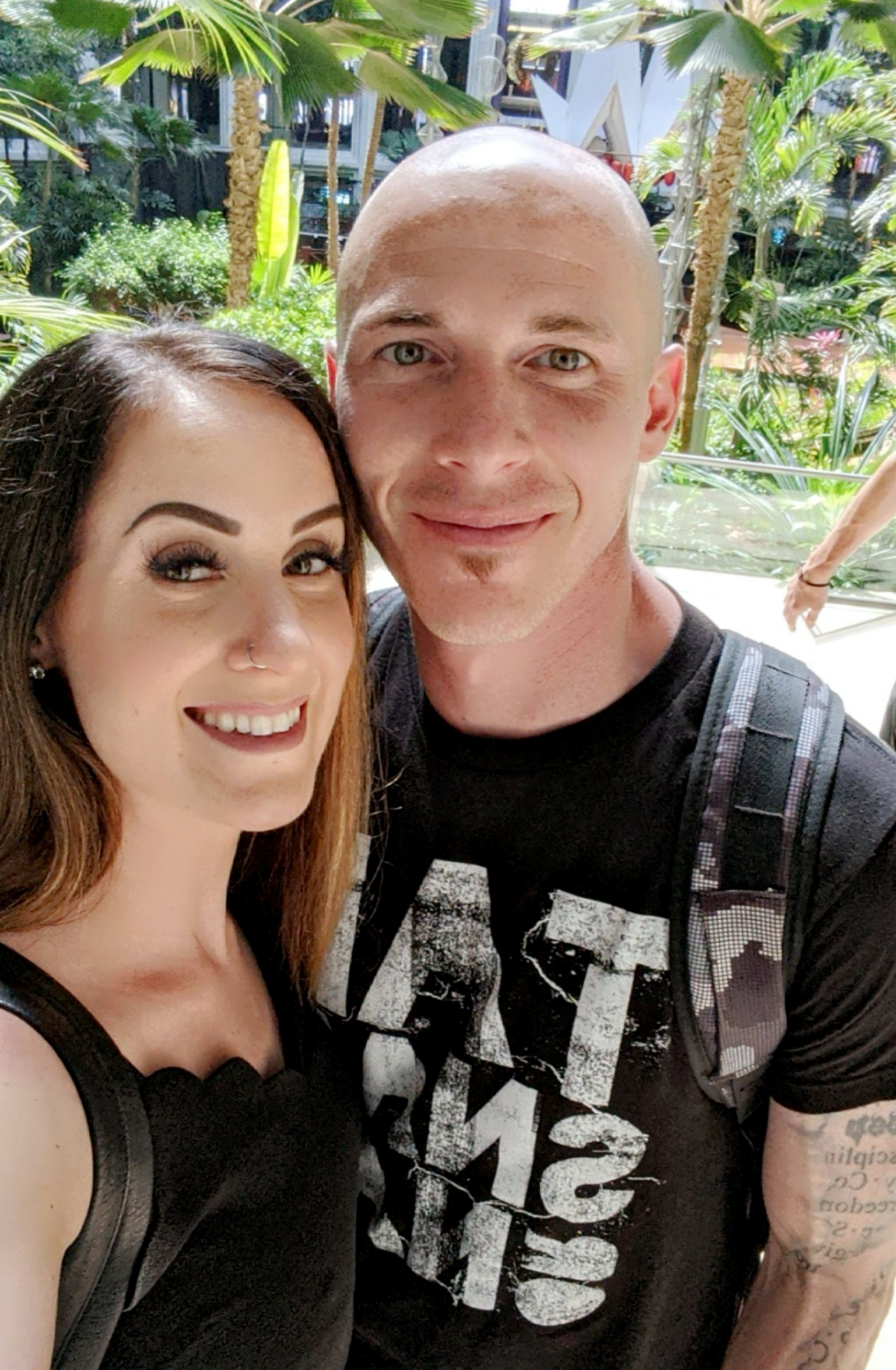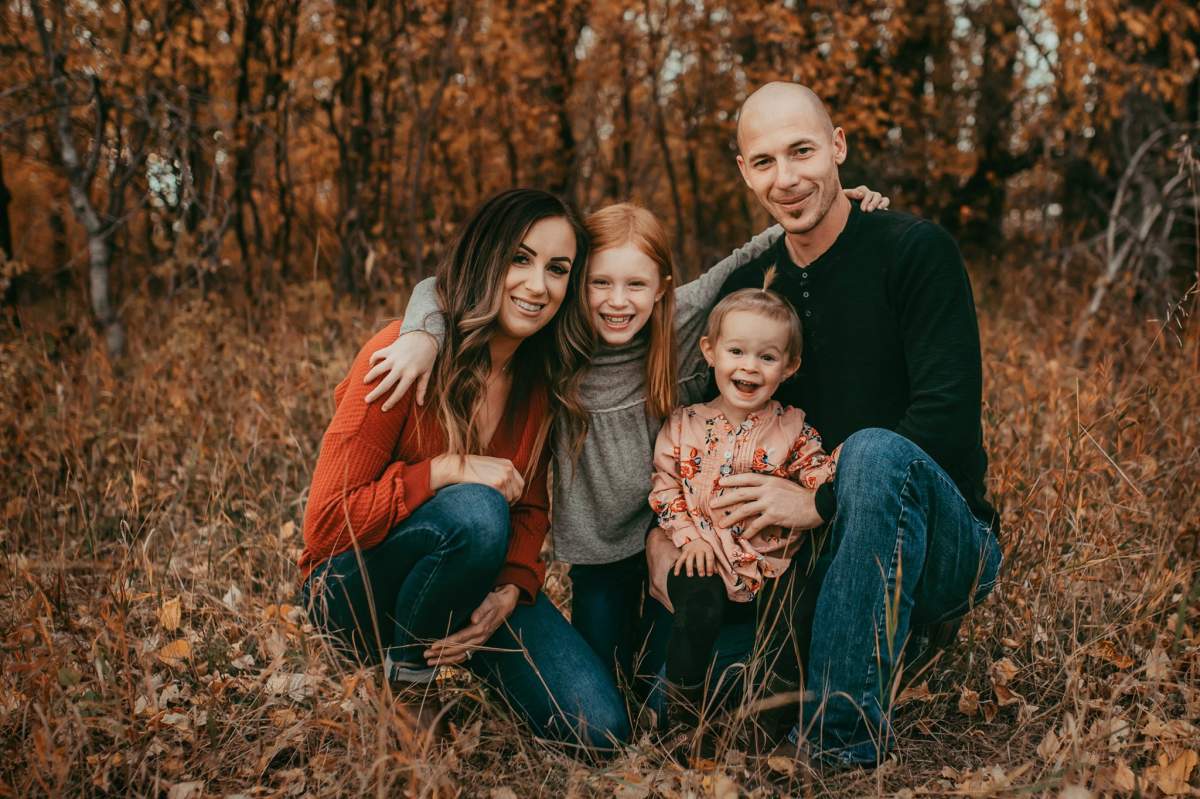
Alberta labs completed the first COVID-19 test on Jan. 20. On March 5, Alberta Health confirmed the first case of the virus. Months later, retroactive tests determined the first case was actually Feb. 24.
On March 12, the first health restrictions were issued, cancelling all gatherings of more than 250 people. Alberta declared a state of public health emergency on March 17.
Since then, COVID-19 has pushed health-care workers to their limits and, at times, put immense pressure on the health system. It has led to various closures and restrictions on businesses and places of worship, shut down fitness centres, moved school online for periods of time and it’s taken a huge toll on the mental health of Albertans.
It has also led to the deaths of 1,911 Albertans as of March 4. It has infected 134,785 people in the province — and that’s just lab-confirmed cases. More than 3.4 million tests have been completed, and now, a mass vaccination effort has begun.
Kandace Auger Halcrow and Tyler Halcrow
Shawn Auger passed away on March 30. He was 34.
At the time, it was the first reported case in Canada of a person in their 30s dying from COVID-19.
“We were really unaware of what to expect with COVID,” Shawn’s brother-in-law Tyler said. “When he did get sick, we weren’t ready for anything that happened and just kind of took it as it came. And it ended in a way that was really bad.
“I’m really sad and I can’t believe it’s almost been a year.”
Shawn, who had asthma, tested positive for COVID-19 and isolated at home for several days before breathing became quite difficult and he went to the ER.
After seven days in hospital, his family got a call from the doctor saying Shawn wasn’t doing well.
“We got there that evening and he was in the ICU in Grande Prairie,” his sister Kandace recalled. “They wouldn’t let us in to see him. We saw him through glass, behind a glass door.
“They let me call his phone and they put his phone beside him. I told him, ‘Hey brother, I’m here.’
“My brother was strong. Mentally strong, emotionally strong and physically strong,” Kandace said.
“He had a lot of fight in him. I think COVID was just too much for his body to handle, too much for his body to fight.”
The couple still can’t believe the virus was able to take down one of their family’s biggest pillars.
“It created a lot of PTSD for our family, especially the kids,” Tyler said. “It was hard seeing the strongest dude I know — Shawn was a big tough dude — seeing him suffer and it get the best of him scared me.”
In the months since Shawn’s death, his family has been trying to navigate grief while also dealing with episodes of anger and frustration.
“When people were taking it lightly, abusing the restrictions, disobeying warnings, that angered us a lot because we lost our brother,” Tyler said.
They have stopped watching the news and try to avoid reading online comments.

“I was reading an article and there were so many comments there talking about how the government is just trying to control us and COVID is fake,” Kandace said. “You read stuff like that and you think about your loss.

Get weekly health news
“If it’s fake, who took my brother?” she asked, her eyes welling up.
“I would like for it to be fake. I wish we could go back in time and it not be real, that’s one of my wishes. But it’s just… it is what it is.”
While it’s very upsetting to the couple, they’re trying to be calm and kind.
“That would cause hard feelings for us but we didn’t lash out,” Tyler said. “We just accepted people for what their opinions were… We still hope for the best that things will get better.”
Shawn’s absence is felt immensely by his family and community. Tyler and Kandace are doing their best to step in and be role models. His passing still feels unreal to them.
“Some days, the selfish part of me just doesn’t want COVID to go away,” Kandace said. “Because everybody gets to go back to living normal and our new normal is living without my brother.”

Leah Beingessner
Leah was on a trip to Mexico early last March when she started feeling sick. The 29-year-old Okotoks woman had body pain, stiffness in her neck and knees, which was followed by a chest cold.
After flying back to Alberta on March 12, she started self-isolating and was tested for COVID-19. Her test came back positive. Leah continued to isolate herself at home and said neither her two young children nor her husband contracted the virus.
Leah acknowledges she doesn’t have any other medical conditions and her case was relatively mild.
“Being a healthy person and able to fight it off,” she said. “Yes, it was horrible in the beginning and quarantining for 25 days.”
However, she worries the wider emotional, social and mental health impact of the restrictions will be far worse.
“It has been very hard for me to watch my mental wellbeing deteriorate, along with my husband’s, my kids’, my coworkers’, my friends’, my family — because of these crazy restrictions and isolation.”
Leah says it’s been difficult to work from home with a toddler and homeschooling her other child when she gets sent home from school.
“The mental wellbeing and stress is way worse than the sickness, for me, itself.
“What about the numbers of the suicide rates? What about the numbers of mental health patients being checked in daily? That’s where I get frustrated,” she said.

Leah also worries about the economic impact and the burden on taxpayers to cover the COVID-19 support programs.
“I’ve had so many different emotions,” she said. “I am hopeful for our small business… Am I hopeful for the economic wellbeing of our country? Nope. Not at all. I’m actually terrified to see… taxes. Money has to come from somewhere. CERB is not free money.”
Over the past year, Leah says her thoughts on COVID-19 have changed “180 degrees.” Despite all the challenges, she’s trying to stay positive.
“I’ve learned to count my blessings, to be grateful that I have a job still.”
Back in March 2020, Leah said she spoke to Global News about her experience with the virus so that others wouldn’t feel alone and wouldn’t panic.
“I wanted people to know, at that time, that a young, 29-year-old female has got it and I’m fine. My kids were negative and everyone was totally fine.”
One year later, she has a similar motivation, but for a different health reason.
“The struggle with the mental wellbeing. They’re not alone. We’re all kind of going through this.
“There’s got to be a light at the end of the tunnel someday and I hope it’s sooner than later.”
‘It’s okay to not be okay’
Dr. Taslim Alani-Verjee is a clinical and counselling psychologist with Silm Centre for Mental Health.
Like many mental health professionals, she’s seen a huge spike in people seeking counselling support over this last year.
“One of the things we’ve been seeing is a heightened level of anxiety around: when does this finish?
“Most people like a certain level of predictability and certain level of control in their lives and when they don’t get that, that can really affect a person’s wellbeing.”

Alani-Verjee says when the pandemic first started, there was a sense it was going to be short-term so people adapted. Now that it’s lasted so much longer, there’s a greater feeling of hopelessness and powerlessness.
“Back in March 2020, this was all so new and so the fear for many people was very real,” she said.
“But because now this has lasted for so long, we’ve become somewhat used to it and not necessarily in a good way; but rather that that fear has become more chronic.
“And so, we’re less likely to acknowledge it as fear but more likely to acknowledge it as exhaustion and fatigue and chronic worry.”
However, Alani-Verjee has been encouraged to see mental health become a big topic of conversation. She also appreciates governments taking it into consideration while looking at public health restrictions and offering mental health supports.
“I think it’s great that governments are highlighting the importance of recognizing the consequences of the physical restrictions that have been imposed… and articulating that they’re recognizing the impacts of COVID, and the lockdowns, and all the restrictions on individuals’ mental health.”

When it comes to experiencing COVID-19 first-hand, she says the challenges of someone going through that now would be very different from someone who dealt with it a year ago, way earlier in the pandemic.
“Having an experience that others haven’t had can definitely be an isolating experience. I think there was also a lot of stigmas, especially initially, around contracting COVID or having a family member who had contracted COVID,” Alani-Verjee said.
“They didn’t have other people to talk to, they didn’t have other people who could empathize with their experience, nor did they have any clear indication of what the progression of the illness would be.
“There were so many more unknowns and so many fewer supports available to those individuals and their families when they were going through that experience a year ago.”

In terms of things we can learn from this past year, Alani-Verjee suggests not thinking about this as a race.
“People talk about thinking of about this like a marathon instead of a sprint. No, it’s not a marathon. This is probably a new way of life.
“And had we been able to think through that and start implementing this as a way of life a year ago, we probably would be doing a lot better right now because we wouldn’t constantly be waiting for the end or back to normal.”
She also recommends becoming more comfortable with spending time alone, and being in tune and present with ourselves.
“It’s okay to not be okay. It’s also okay to get help for not feeling okay.
“That might be getting help from loved ones, but it might also be getting help from a professional — whether that’s a spiritual advisor, whether that’s your family doctor, whether that’s a psychologist or psychotherapist or a social worker.
“Whatever it is, it’s okay to need help. All of us need help sometimes, most of us need help right now, and that’s okay.”
Where to get help
For a list of mental health services and supports offered in Alberta, click here.
If you or someone you know is in crisis and needs help, resources are available. In case of an emergency, please call 911 for immediate help.
The Canadian Association for Suicide Prevention, Depression Hurts and Kids Help Phone 1-800-668-6868 all offer ways of getting help if you, or someone you know, may be suffering from mental health issues.
















Comments
Want to discuss? Please read our Commenting Policy first.